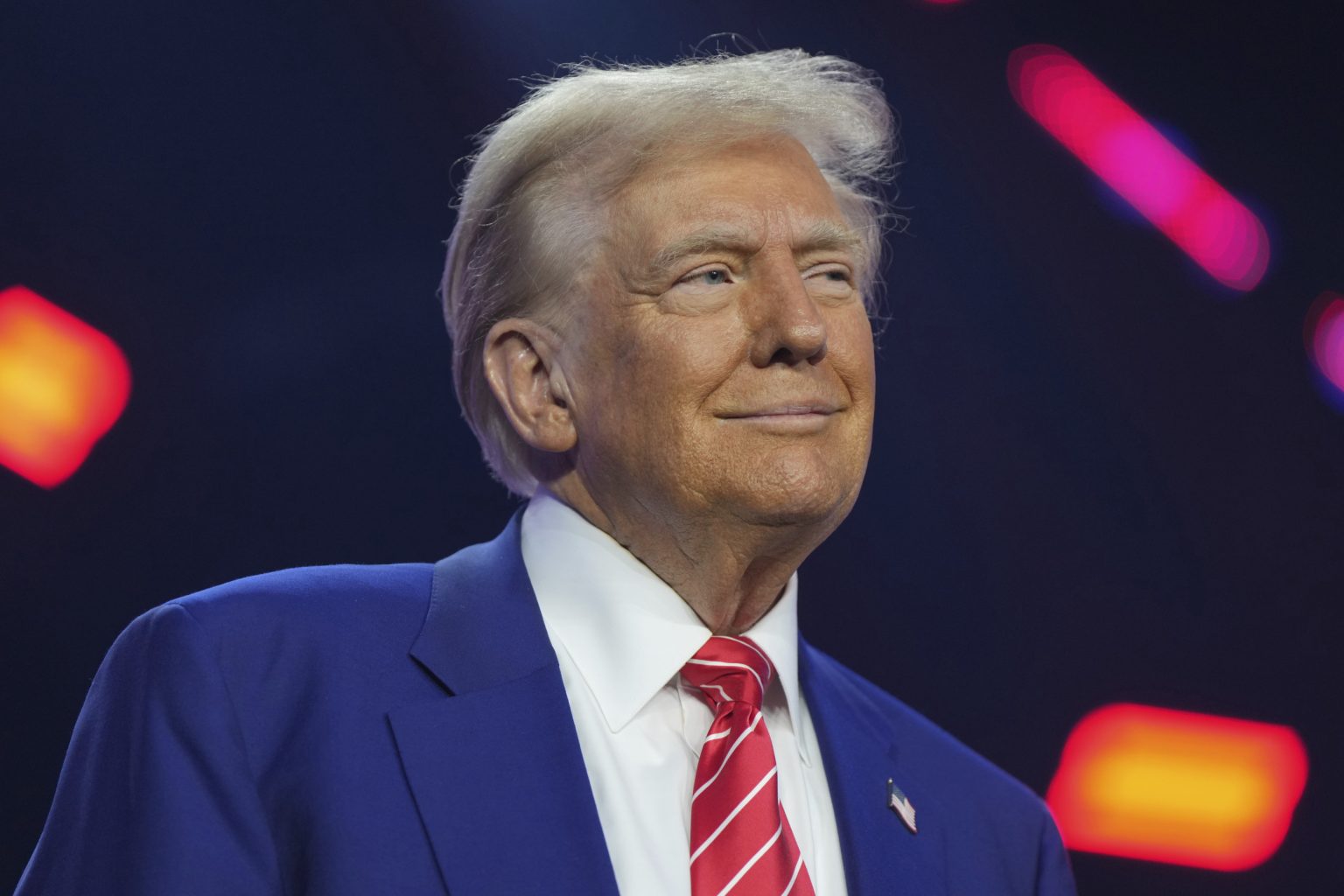President-elect Donald Trump’s pre-inauguration “Make America Great Again Victory Rally” has ignited a flurry of discussion and concern, particularly given its timing against a backdrop of heightened security concerns and political tensions. Scheduled for January 19th at Capital One Arena in Washington, D.C., the rally, expected to draw up to 20,000 supporters, comes just one day before Trump’s second inauguration as the 47th President of the United States. This marks Trump’s return to the rally stage in the nation’s capital since his January 6, 2021, speech on the Ellipse, an event that preceded the storming of the U.S. Capitol. The rally also coincides with investigations into recent attacks in New Orleans and a prior incident in Las Vegas, raising anxieties about potential security vulnerabilities.
The short notice of the rally has amplified these security concerns. Former Department of Homeland Security Director Jeh Johnson expressed apprehensions regarding the logistical and security challenges posed by such a large-scale event, especially considering the current threat environment. Organizing a presidential-level rally necessitates significant resources and manpower, and the compressed timeframe adds another layer of complexity to ensuring the safety and security of the attendees and the president-elect. The rally takes place amidst a backdrop of ongoing investigations into what authorities suspect are terror-related incidents, further underscoring the need for heightened vigilance.
Adding to the political complexity surrounding the rally is the fact that it comes on the heels of Trump’s second presidential election victory, and it follows a period of significant political division and controversy. Trump’s return to the rally format, a hallmark of his political style, signals a continuation of his direct engagement with his base. This is particularly noteworthy given the historical context of his prior rallies and their role in mobilizing his supporters. The timing of the rally, just before the inauguration, adds to its significance as a potential platform for setting the tone of his second term.
The inauguration itself, scheduled for January 20th at the U.S. Capitol, is also facing unusual circumstances. While President Joe Biden and First Lady Jill Biden plan to attend, a number of House Democrats have announced their intention to boycott the event. This reflects the ongoing political polarization and the deep divisions that persist following the contentious events of the past few years, including the January 6th Capitol attack and Trump’s subsequent impeachment trials. The presence of the Bidens, however, underscores the traditional peaceful transfer of power, a cornerstone of American democracy.
Further complicating the inauguration is the decision to lower flags to half-staff in honor of former President Jimmy Carter, who recently passed away at the age of 100. This gesture of respect for the longest-lived American president adds a somber note to the inauguration proceedings, highlighting the passage of time and the changing of the guard in American political leadership. The juxtaposition of a celebratory inauguration ceremony with the mourning of a former president creates a unique and potentially poignant atmosphere.
Despite the controversies and security concerns, Trump enters his second term with a positive approval rating, according to a recent Gallup poll. This marks an improvement from his 2016 transition approval rating, which was even with his disapproval rating. While this suggests some positive momentum for Trump, it is important to note that his transition approval rating still falls short of those of recent incoming presidents. This suggests that while he may have gained some support, he still faces significant challenges in unifying the country and building broader public approval. The upcoming rally and inauguration will provide key opportunities for Trump to address these challenges and outline his vision for his second term.

